Other Institutions
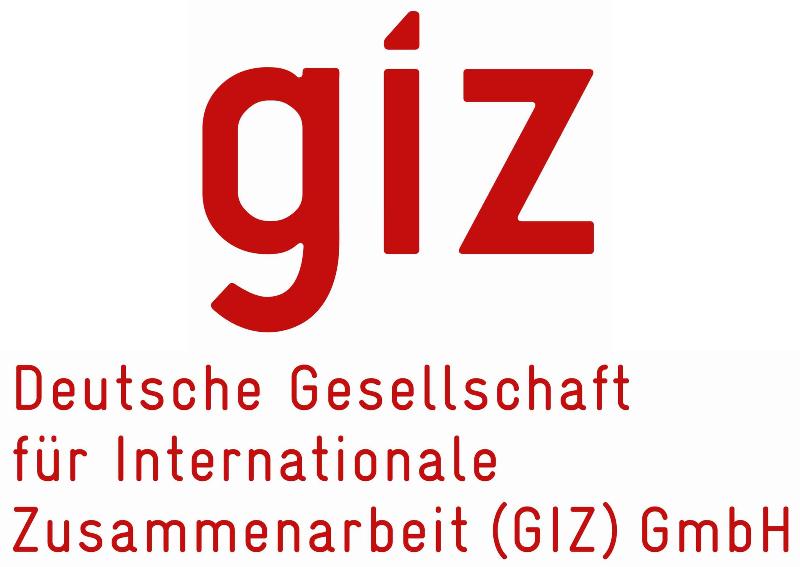
German Development Corporation (GIZ)
Contact Info
Email: info@giz.de website: Home - giz.de
Overview
As a service provider in the field of international cooperation for sustainable development and international education work, we are dedicated to shaping a future worth living around the world. We have over 50 years of experience in a wide variety of areas, including economic development and employment promotion, energy and the environment, and peace and security. The diverse expertise of our federal enterprise is in demand around the globe – from the German Government, European Union institutions, the United Nations, the private sector, and governments of other countries. We work with businesses, civil society actors and research institutions, fostering successful interaction between development policy and other policy fields and areas of activity. Our main commissioning party is the German Federal Ministry for Economic Cooperation and Development (BMZ).
The commissioning parties and cooperation partners all place their trust in GIZ, and we work with them to generate ideas for political, social and economic change, to develop these into concrete plans and to implement them. Since we are a public-benefit federal enterprise, German and European values are central to our work. Together with our partners in national governments worldwide and cooperation partners from the worlds of business, research and civil society, we work flexibly to deliver effective solutions that offer people better prospects and sustainably improve their living conditions.
The registered offices of GIZ are in Bonn and Eschborn. In 2022, we generated a business volume of around EUR 4 billion. Our 25,422 employees, almost 70 per cent of whom are national staff, work in around 120 countries. As a recognised development service provider, we currently have 353 development workers in action in partner countries. Furthermore, in 2022, the Centre for International Migration and Development (CIM), which is run jointly by GIZ and the German Federal Employment Agency, placed 143 integrated experts and 257 returning experts with local employers in our partner countries, or provided them with financial support, advice or other services.
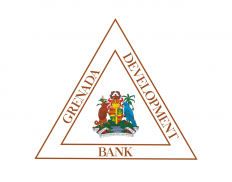
Grenada Development Bank
Contact Info
Tel: +1473 440 4657 - Email: mail@gdb.com website: Home (grenadadevelopmentbank.com)
Overview
The Grenada Climate Resilient Water Sector (G-CREWS) project is designed to increase climate change resilience in Grenada’s water sector. The project aims to achieve this by addressing resilience at the level of water governance, households, businesses and the water supply system.
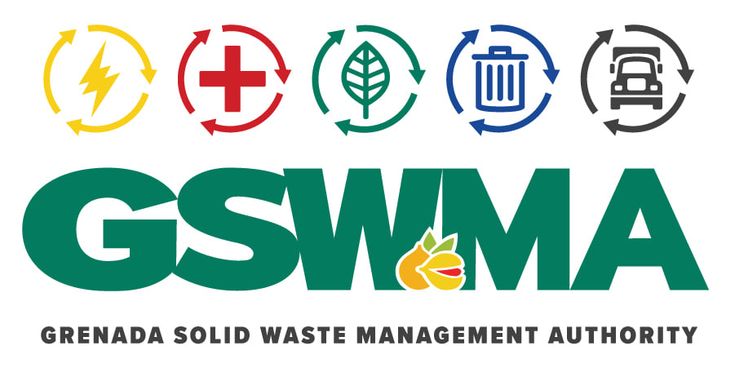
Grenada Solid Waste Management Authority (GSWMA)
Contact Info
Tel: +1473 444 2019 - Email: info@gswma.com website: Grenada Solid Waste Management Authority – Striving for a cleaner, healthier environment (gswma.com)
Overview
An outcome of the OECS Solid and Ship-Generated Waste Management Project was the establishment of Grenada Solid Waste Management Authority (GSWMA). Act No.11 of 1995 and amended by Act No.30 of 1995 which constituted the Authority. The Act provides the mandate through which the Authority can assume the responsibility for solid waste collection and disposal. However, the regulatory and enforcement functions for solid waste management remains with the Ministry of Health. In an effort to carry out its function, the Authority adopted as it Motto ‘Striving for a Cleaner and Healthier Environment’. With our mission being ‘To improve the Quality of life of the Grenadian public and the protection and enhancement of the environment through the provision of effective management and an efficient, reliable and acceptable solid waste service.
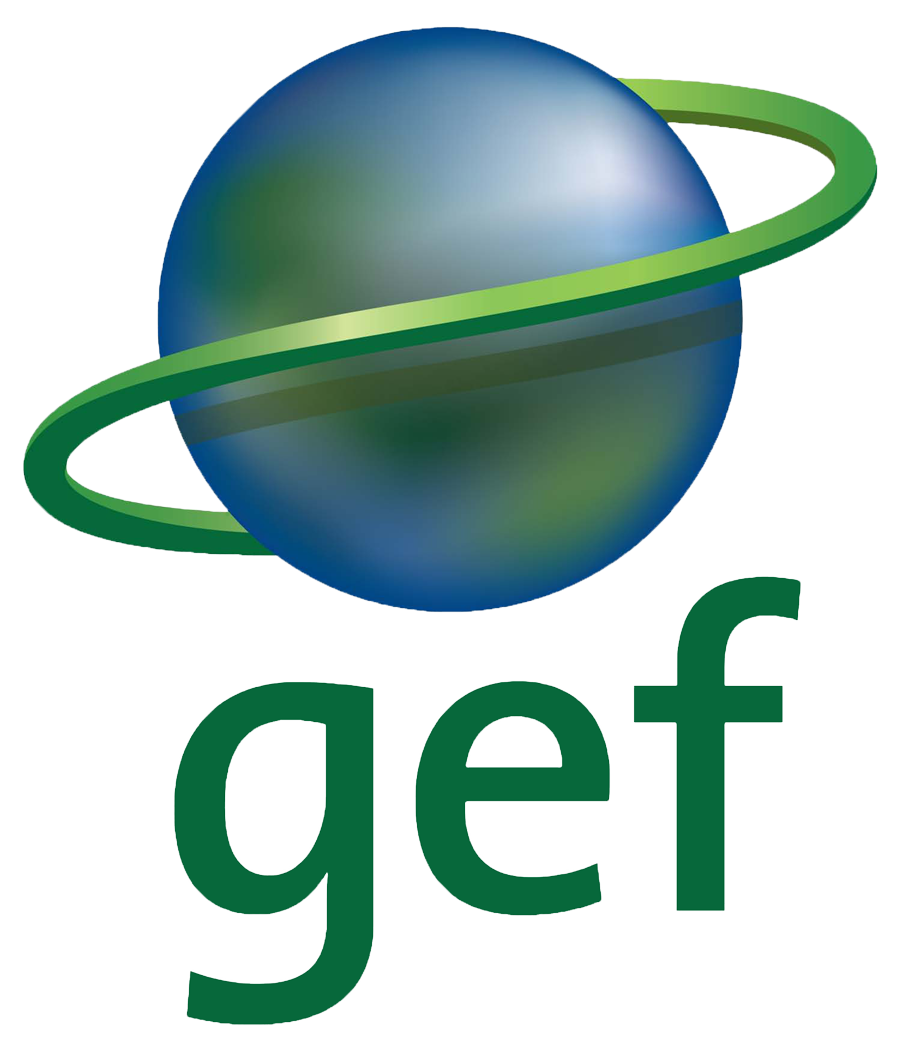
GEF Small Grants Programme
Contact Info
Tel: +1473 440 4657 Email: communications@thegef.org website: GEF Small Grants Programme | GEF (thegef.org)
Overview
The Global Environment Facility (GEF) is a multilateral family of funds dedicated to confronting biodiversity loss, climate change, and pollution, and supporting land and ocean health. Its financing enables developing countries to address complex challenges and work towards international environmental goals. The partnership includes 186 member governments as well as civil society, Indigenous Peoples, women, and youth, with a focus on integration and inclusivity. Over the past three decades, the GEF has provided nearly $25 billion in financing and mobilized another $138 billion for country-driven priority projects. The family of funds includes the Global Environment Facility Trust Fund, Global Biodiversity Framework Fund (GBFF), Least Developed Countries Fund (LDCF), Special Climate Change Fund (SCCF), Nagoya Protocol Implementation Fund (NPIF), and Capacity-building Initiative for Transparency Trust Fund (CBIT).
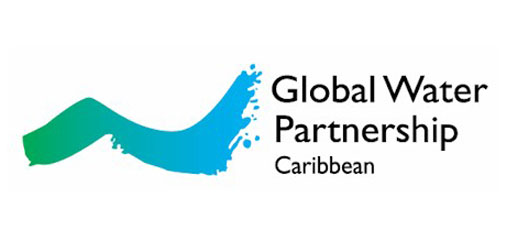
Global Water Partnership Caribbean
Contact Info
Tel: (473) 444-4175 ext. 3020 Email: info@gwp-caribbean.org Website: GWP Caribbean - GWP
Overview
Formally launched in 2004, GWP-C is 1 of 13 Regional Water Partnerships (RWPs) of the Global Water Partnership (GWP) Organisation which was founded in 1996 by the World Bank, the United Nations Development Programme (UNDP) and the Swedish International Development Cooperation Agency (SIDA) to foster Integrated Water Resources Management (IWRM).
IWRM is the coordinated development and management of water, land and related resources in order to maximise economic and social welfare without compromising the sustainability of ecosystems and the environment.
GWP-C is committed to working with its partners to promote and strengthen interaction and co-operation at all levels and across different sectors to sustain IWRM in the Caribbean region.
Any entity in the Caribbean with an interest in water sustainability can become a partner of GWP-C. With more than 120 partners in over 22 Caribbean territories, GWP-C’s partners include public water management agencies; other government agencies; water user associations; private water management agencies; private sector organisations; professional and civic organisations; non-governmental organisations; community based organisations; regional organisations; consultancy organisations; youth organisations; among others.
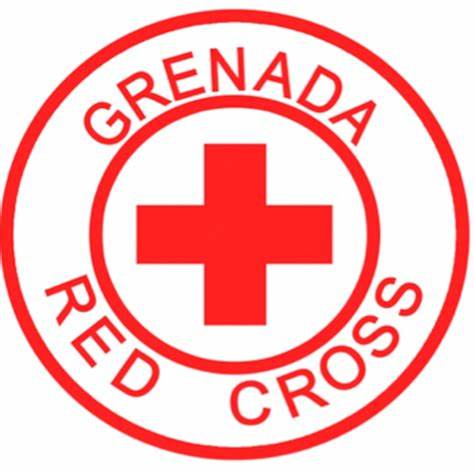
Grenada Red Cross Society
Contact Info
Tel: +1473 440-1483 Email: grercs@gmail.com website: Grenada Red Cross Society
Overview
The Grenada Red Cross Society (GRCS) is one of 192 National Societies that make up the
International Federation of Red Cross and Red Crescent Societies (IFRC). GRCS is one of 16
English-speaking National Societies within the Caribbean.
The Grenada Red Cross Society started as a Branch of the British Red Cross following the
devastation of the island by Hurricane Janet in 1955. It became an independent National
Society in August 1987 and has its own headquarters in the country’s capital city, St. George.

NAWASA
Contact Info
Tel: +(473) 440-2155 Email: Website: NAWASA - National Water and Sewerage Authority, Grenada
Overview
NAWASA is a customer-focused organization, providing convenient access to water and wastewater services and contributing public health and environmental benefits for the sustainable, social and economic development of Grenada.
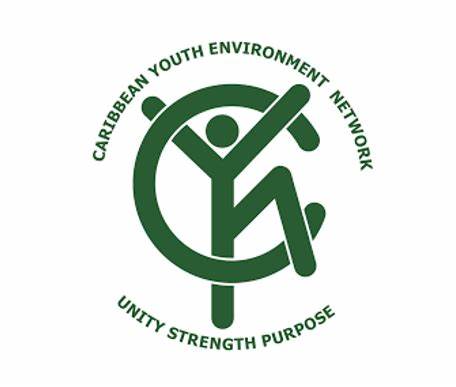
The Caribbean Youth Environment Network
Contact Info
Tel: +1 246 231 7263 Email: executivecoordinator@cyen.org website: Caribbean Youth Environment Network (CYEN) – Unity, Strength, Purpose!
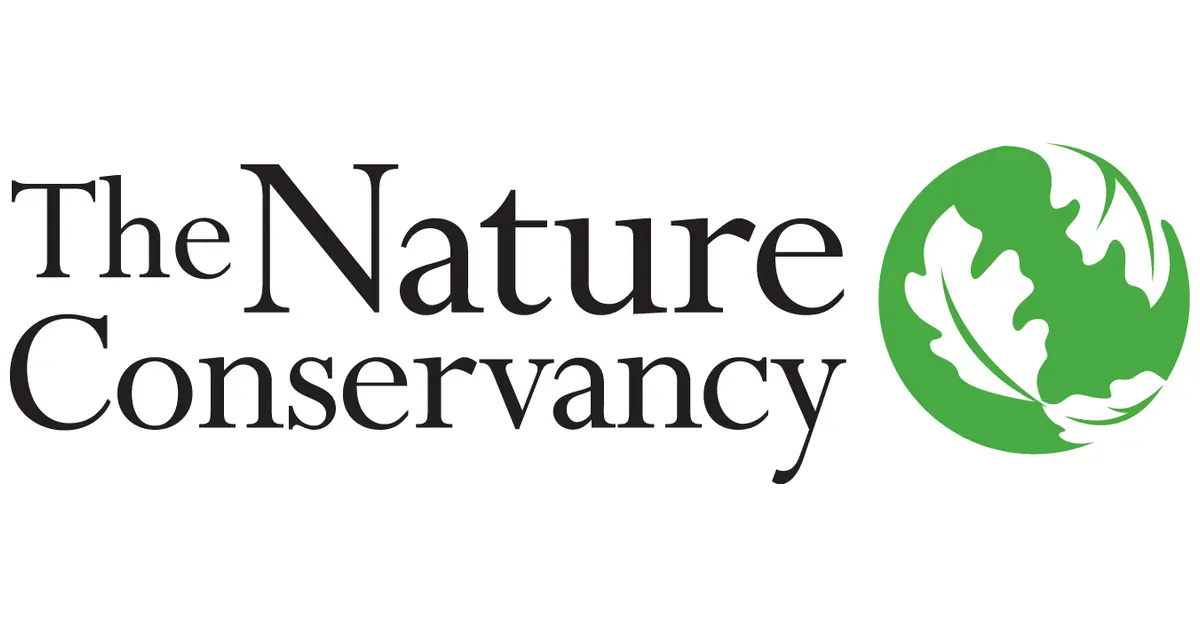
The Nature Conservancy
Contact Info
Tel: +1 473 435 0231 Email: caribbean@tnc.org website:Who We Are | The Nature Conservancy
Overview
Founded in the U.S. through grassroots action in 1951, The Nature Conservancy (TNC) has grown to become one of the most effective and wide-reaching environmental organizations in the world. Thanks to more than a million members and the dedicated efforts of our diverse staff and over 400 scientists, we impact conservation in 79 countries and territories: 37 by direct conservation impact and 42 through partners.
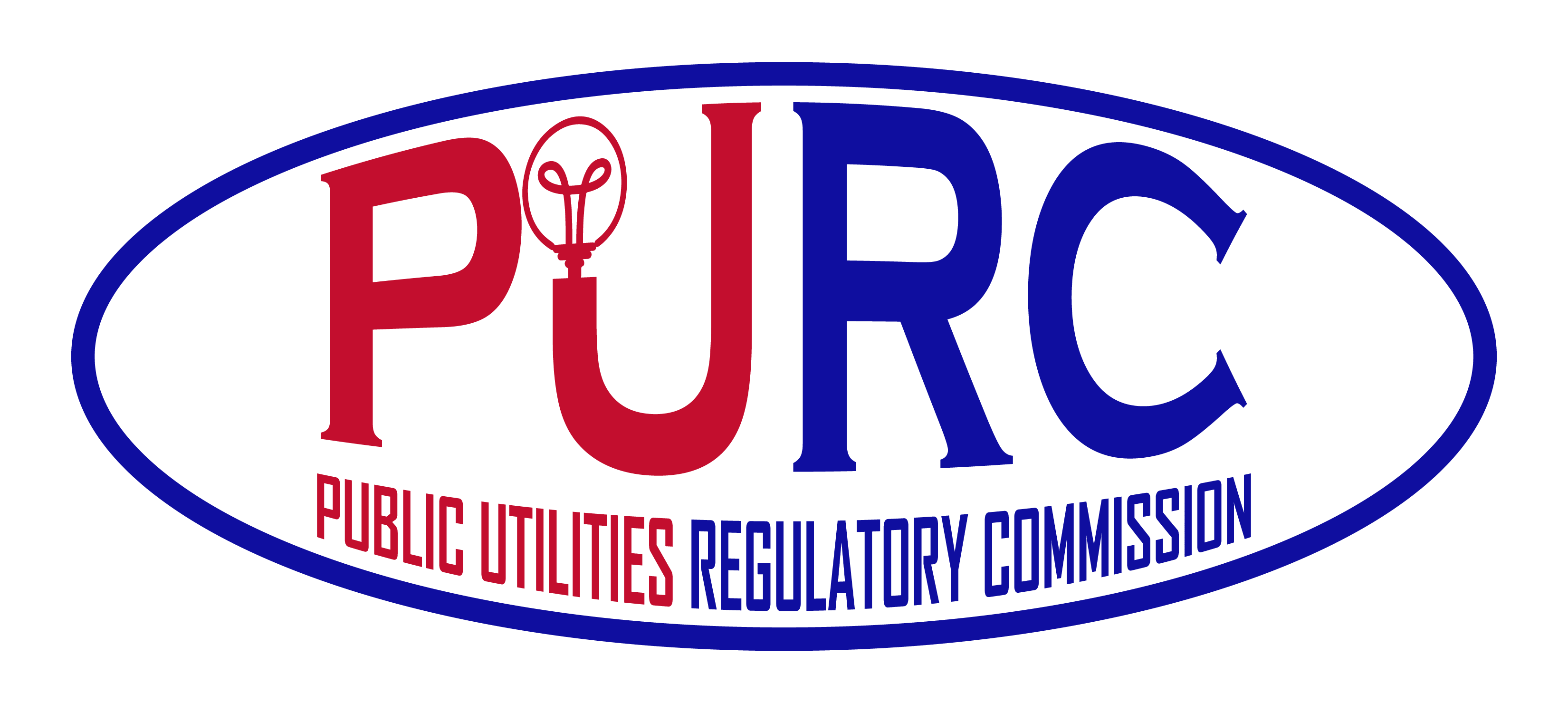
Public Utilities Regulatory Commission
Contact Info
Tel: +1 473 437-1602 Email: office@purc.gd website: Home - Public Utilities Regulatory Commission Grenada (purc.gd)
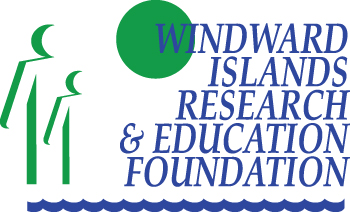
Windward Islands Research & Foundation Education Foundation
Contact Info
Tel: +1473 444 3997 - Email: windref@sgu.edu website: WINDREF – Windward Islands Research & Education Foundation
Overview
WINDREF is an educational non-profit foundation.
- Registered in the USA with the Internal Revenue Service 501(C) (3)
- Registered in Grenada as a Non-Governmental Organization (NGO) in compliance with section 328 of the Companies Act 1994
- In 1999, WINDREF was registered in the UK as a charitable Trust, Charity in compliance with UK Charities Act 1993
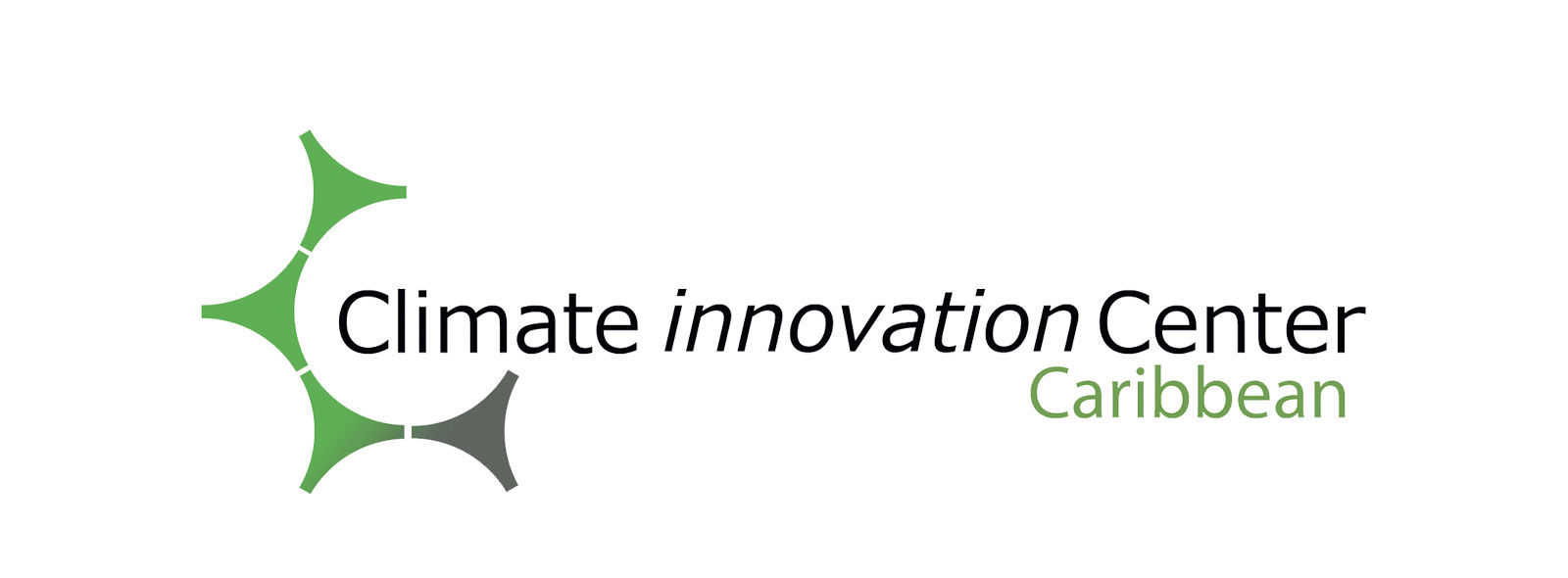
Caribbean Climate Innovation Center
Contact Info
Tel: (876) 927-1771-4 Email: info@caribbeancic.org Website: Home - Caribbean Climate Innovation Center (caribbeancic.org)
Overview
The Caribbean Climate Innovation Center was launched in 2013 as a Consortium jointly managed by two leading scientific institutions in the Caribbean, the Scientific Research Council (SRC) based in Kingston, Jamaica and the Caribbean Industrial Research Institute (CARIRI) located in Trinidad and Tobago. CCIC is a part of infoDev’s Climate Technology Program (CTP) which focus on empowering developing countries to proactively and profitably adapt, develop and deploy climate smart (clean tech) technologies and business models. This CTP is part of the broader Entrepreneurship Program for Innovation in the Caribbean (EPIC) program being funded by the Canadian International Development Agency (CIDA).

Caribbean Disaster Emergency Management Agency
Contact Info
Tel: +1 246 434-4880 Email: cdema@cdema.org Website: Caribbean Disaster Emergency Management Agency (cdema.org)
Overview
The Caribbean Disaster Emergency Management Agency (CDEMA) is a regional inter-governmental agency for disaster management in the Caribbean Community (CARICOM).
The Agency was established in 1991 as CDERA (Caribbean Disaster Emergency Response Agency) with primary responsibility for the coordination of emergency response and relief efforts to Participating States that require such assistance. It transitioned to CDEMA in 2009 to fully embrace the principles and practice of Comprehensive Disaster Management (CDM).
(CDM) is an integrated and proactive approach to disaster management and seeks to reduce the risk and loss associated with natural and technological hazards and the effects of climate change to enhance regional sustainable development.
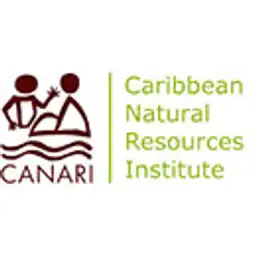
Caribbean Natural Resources Institute
Contact Info
Tel: +1-868-638-6062, +1-868-674-1558 - Email: communications@canari.org website: CANARI – Caribbean Natural Resources Institute
Overview
The Caribbean Natural Resources Institute (CANARI) is an independent technical institute working across the Caribbean to further sustainable development in the region. Its strategy and programmes are driven by its mission to promote and facilitate stakeholder participation and collaboration in the stewardship of renewable natural resources in the Caribbean. CANARI works at local, national and regional levels and also engages in international processes as an advocate for Caribbean sustainable development and to share experiences from the region while learning from other countries and regions facing similar issues.
CANARI’s work is currently oriented around five inter-linked strategic directions:
- Learning, advocating on and building capacity for approaches to resilience-building that work across sectors and scales to address diverse development challenges in a holistic way;
- Facilitating the conservation, sustainable use and restoration of biodiversity and ecosystems in support of Caribbean social, cultural and economic development;
- Championing equity and justice in meeting the environmental and livelihood needs of poor and vulnerable people;
- Informing, convening and empowering people and institutions for participatory governance of natural resources; and
- Working together with stakeholders to introduce innovation in approaches, institutions and enterprises, which is needed to make the transformation to sustainable development in today’s rapidly changing world.

Food and Agriculture Organization of the United Nations (FAO)
Contact Info
Tel: +39 06 57051800 Email: FAO-HQ@fao.org Website: Home | Food and Agriculture Organization of the United Nations (fao.org)
Overview
The Food and Agriculture Organization of the United Nations (FAO), is an international organization whose main goals are the eradication of hunger, food insecurity and malnutrition; the elimination of poverty and the driving forward of economic and social progress for all; and the sustainable management and utilization of natural resources, including land, water, air, climate and genetic resources for the benefit of present and future generations.
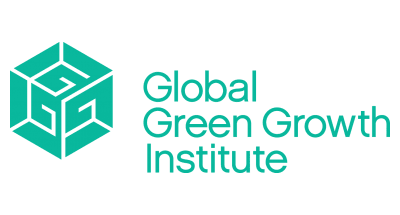
Global Green Growth Institute
Contact Info
Tel: +82 70 7117 1116 Email: kiyoung.kim@gggi.org Website: Global Green Growth Institute — A resilient world through inclusive and sustainable green growth (gggi.org)
Overview
The Global Green Growth Institute (GGGI) is a treaty-based international, inter-governmental organization dedicated to supporting and promoting strong, inclusive and sustainable economic growth in developing countries and emerging economies.
GGGI has a unique in-country presence and prominent role as a neutral, trusted advisor and strategic development partner embedded in Member and partner governments. This special arrangement or positioning sets GGGI apart from other international development and environmental development partners that collectively serve the agenda of green growth and conservation.
GGGI serves the role of an enabler and facilitator of Members’ transition into a low-carbon green economy, providing policy advice and technical support in the development of green growth plans, policies and regulations, mobilization of green investments, implementation of green growth projects, and development of local capacities and knowledge sharing.
GGGI’s value chain cuts a wide swathe from green impact assessment, to strategy and planning, to financing and implementation and knowledge sharing. By linking policy and implementation along the value chain, GGGI supports its Members to develop and implement green growth plans and strategies adopted by governments, translated into green investment plans and financing vehicles aligned with national priorities and supported by knowledge sharing and best practices, and finally, on the right side – the design, financing and implementation of green growth projects.
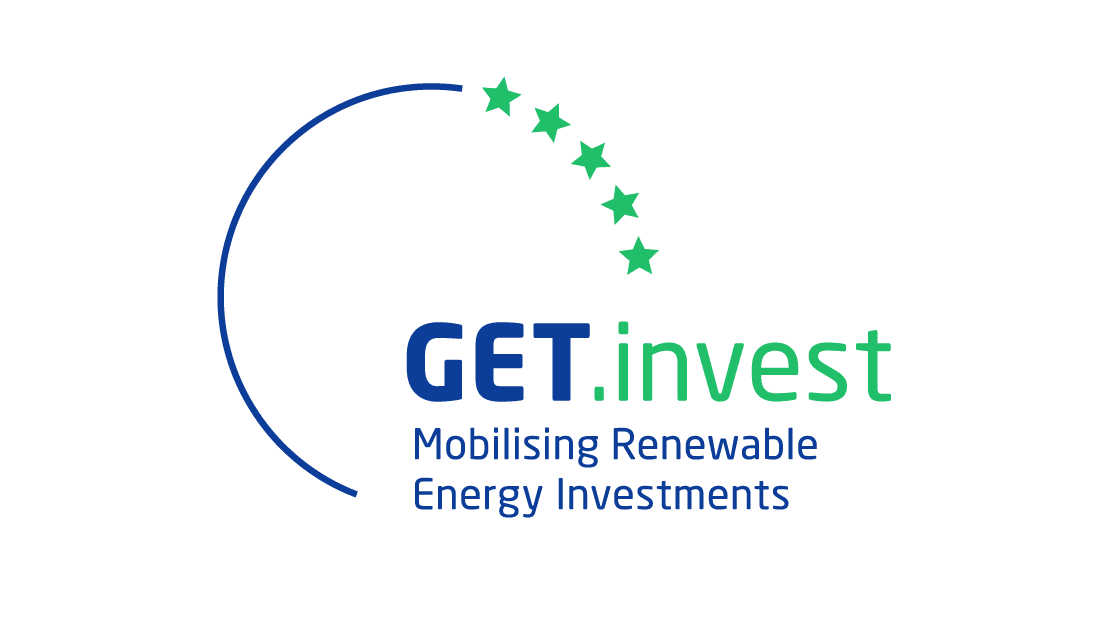
GET.invest
Contact Info
Email: info@get-invest.eu website: Home - GET.invest (get-invest.eu)
Overview
GET.invest is a European programme that mobilises investment in renewable energy in developing countries. We support project developers and companies towards investment readiness and link them with financiers. In collaboration with many stakeholders in the sector, we also provide a range of other services to complement this effort. GET.invest aims to substantially increase the volume and pace of investment, to contribute to building sustainable energy markets, and to thus help meet the twin challenge of energy access and climate change.
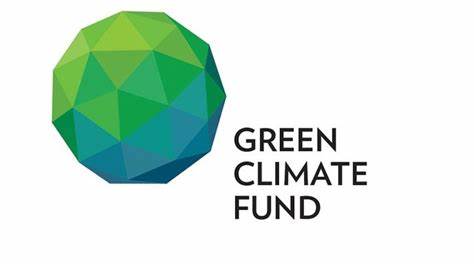
Green Climate Fund
Contact Info
Tel: +82 32 458 6059 - Email: info@gcfund.org website: Homepage | Green Climate Fund
Overview
There is a shrinking window of opportunity to address the climate crisis. Average global temperature is currently estimated to be 1.1°C above pre-industrial times. Based on existing trends, the world could cross the 1.5°C threshold within the next two decades and 2°C threshold early during the second half of the century. Limiting global warming to 1.5°C is still narrowly possible and will be determined by the investment decisions we make over the next decade. The Green Climate Fund (GCF) – a critical element of the historic Paris Agreement - is the world’s largest climate fund, mandated to support developing countries raise and realize their Nationally Determined Contributions (NDC) ambitions towards low-emissions, climate-resilient pathways.
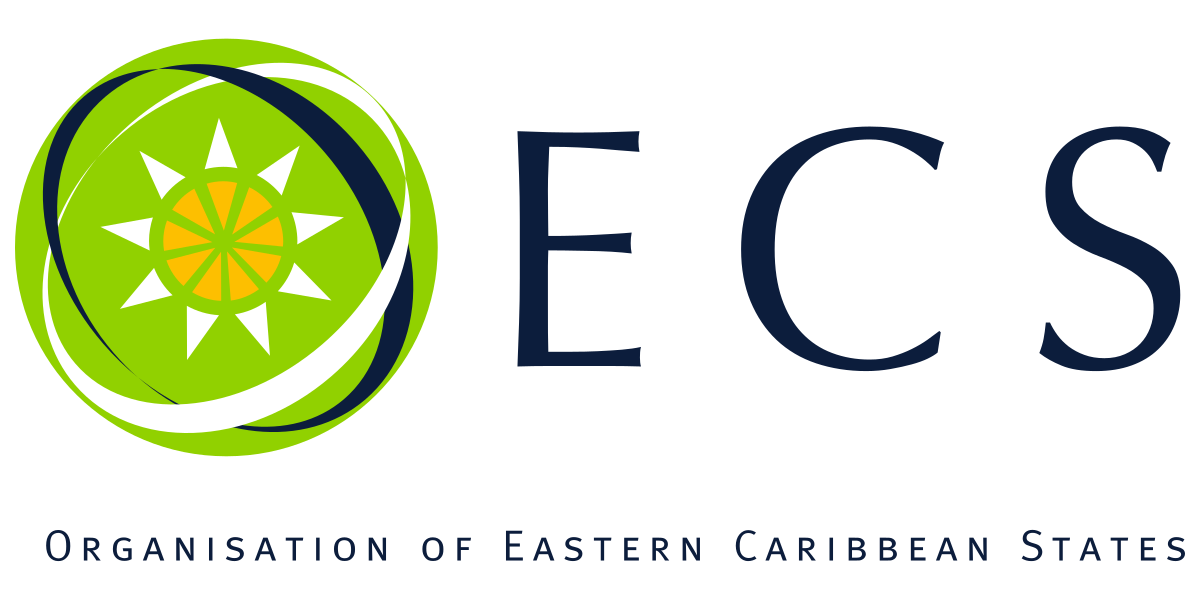
Organisation of Eastern Caribbean States
Contact Info
Tel: +1 (758) 455-6327 Email: oecs@oecs.int website: Climate and Disaster Resilience in the Eastern Caribbean (oecs.org)
Overview
Climate and disaster resilience are crucial concerns in the Eastern Caribbean region. The islands of Antigua and Barbuda, Dominica, Grenada, Saint Lucia, Saint Vincent and the Grenadines, and Saint Kitts and Nevis are particularly vulnerable to natural disasters such as hurricanes, floods, landslides, and droughts due to their location in the hurricane belt and their small size.
The impacts of climate change, including sea level rise, coral bleaching, and ocean acidification, affect the region's economies, ecosystems, and human communities. For example, coral reefs serve as habitats for fish and other marine life and protect shorelines from erosion and storm surges. However, rising sea temperatures and ocean acidification are causing coral bleaching and death, leading to the loss of biodiversity and damage to the tourism industry.

Organisation for Economic Co-operation and Development
Contact Info
Tel: +3 314 524 8200 website: English | OECD
Overview
The Organisation for Economic Co-operation and Development (OECD) is an international organisation that works to build better policies for better lives. Our goal is to shape policies that foster prosperity, equality, opportunity and well-being for all. We draw on 60 years of experience and insights to better prepare the world of tomorrow.
Together with governments, policy makers and citizens, we work on establishing evidence-based international standards and finding solutions to a range of social, economic and environmental challenges. From improving economic performance and creating jobs to fostering strong education and fighting international tax evasion, we provide a unique forum and knowledge hub for data and analysis, exchange of experiences, best-practice sharing, and advice on public policies and international standard-setting.
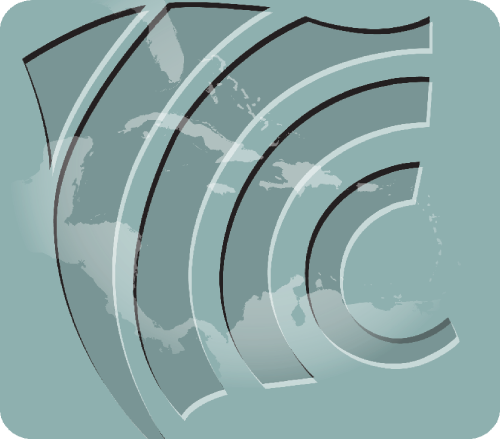
The Caribbean Community Climate Change Centre (CCCCC)
Contact Info
Tel: +501 822-2970 Email: knichols@caribbeanclimate.bz Website:
Overview
The Caribbean Community Climate Change Centre (CCCCC) is a regional entity whose work is focused on small island developing States in the Caribbean and on improving the region’s framework for and activities that address climate change. Key activities that CCCCC engages in with its member states include raising awareness on climate change, building capacity to analyse climate change impacts across various sectors, and identifying adaptation and mitigation opportunities; developing and implementing mitigation and adaptation projects in the region; and providing policy advice and support during events such as the international climate change negotiations. CCCCC has built strong relationships with institutions across the region and internationally in order to deliver effective solutions and projects. Over the next five years, it will manage climate change projects and programmes in the region of almost US$ 50 million, including in areas that they already have experience in: early warning systems, water and energy security, agriculture and food security, resilient health-care facilities, climate-resilient buildings, and ecosystem-based adaptation. CCCCC sought accreditation to the GCF to undertake and scale up both mitigation and adaptation projects across the region in order to drive a paradigm shift in the region’s development patterns.
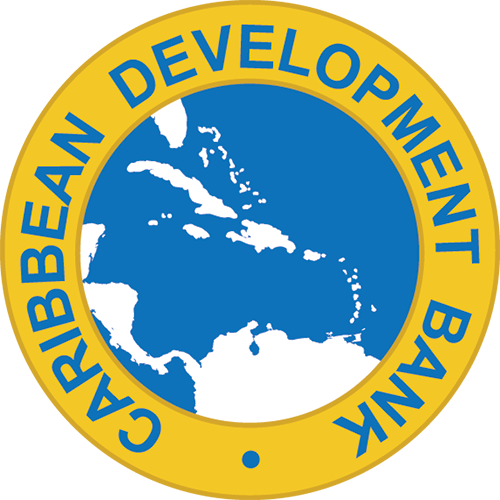
The Caribbean Development Bank (CDB
Contact Info
Tel: + 246 539 1742 - Email: valerie.isaac@caribank.org Website:
Overview
The Caribbean Development Bank (CDB), is a regional financial institution with a mandate to support social and economic development in small island developing States in the Caribbean. The entity’s main functions are to assist its borrowing member countries (BMCs) in optimizing the use of their resources by:
- Developing their economies and expanding production and trade;
- Promoting private and public investment in the Caribbean region;
- Mobilizing financial resources from both within and outside the region for development; and
- Providing technical assistance

The United Nations Environment Programme (UNEP)
Contact Info
Tel: +41 22 917 85 98 - Email: unep-gcf@un.org Website:
Overview
The United Nations Environment Programme (UNEP) is an international entity whose mandate is to promote sustainable development and prudent use of the global environment. It assists many countries to achieve resilient, low-emission pathways through its flagship programmes in adaptation, forestry, energy efficiency and transition to sustainable development. Its key activities include promoting investment in clean technologies in order to reduce emissions, protecting biodiversity and ecosystems, alleviating poverty, and ecosystem-based adaptation in order to reduce human vulnerability and strengthen resilience to the impacts of climate change. It works with the financial communities to mobilize financial resources for investments in low carbon and climate resilient development; developing climate finance readiness and capacity-building; and undertaking policy and research analysis. The climate change portfolio of UNEP has a total volume of over US$ 400 million. UNEP sought accreditation to the GCF in order to catalyse the use of ecosystem services to achieve a paradigm shift to resilient, green sustainable development by using its vast experience of providing green solutions in both climate change mitigation and adaptation.
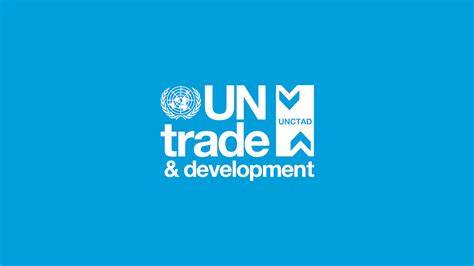
The United Nations Trade and Development
Contact Info
Email: unctadinfo@unctad.org Website: Home (unctad.org)
Overview
Globalization, including a phenomenal expansion of trade, has helped lift millions out of poverty. But not nearly enough people have benefited. And tremendous challenges remain.
We support developing countries to access the benefits of a globalized economy more fairly and effectively. And we help equip them to deal with the potential drawbacks of greater economic integration. To do this, we provide analysis, facilitate consensus-building, and offer technical assistance. This helps them to use trade, investment, finance, and technology as vehicles for inclusive and sustainable development.
Working at the national, regional, and global level, our efforts help countries to:
- Comprehend options to address macro-level development challenges
- Achieve beneficial integration into the international trading system
- Diversify economies to make them less dependent on commodities
- Limit their exposure to financial volatility and debt
- Attract investment and make it more development friendly
- Increase access to digital technologies
- Promote entrepreneurship and innovation
- Help local firms move up value chains
- Speed up the flow of goods across borders
- Protect consumers from abuse
- Curb regulations that stifle competition
- Adapt to climate change and use natural resources more effectively
Together with other UN departments and agencies, we measure progress by the Sustainable Development Goals, as set out in Agenda 2030.
We also support implementation of Financing for Development, as mandated by the global community in the 2015 Addis Ababa Agenda, together with four other major institutional stakeholders: the World Bank, the International Monetary Fund, the World Trade Organization, and the United Nations Development Programme.
While we work mainly with governments, to effectively deal with the magnitude and complexity of meeting the Sustainable Development Goals, we believe that partnerships and closer cooperation with the private sector and civil society are essential.
Ultimately, we are serving the citizens of the 195 countries that make up our organization. Our goal is prosperity for all.

The World Bank
Contact Info
Tel: (202) 473-1000 Email: okr@worldbank.org Website: World Bank Group - International Development, Poverty, & Sustainability
Overview
Since 1947, the World Bank has funded over 12,000 development projects, via traditional loans, interest-free credits, and grants.
Three priorities guide our work with countries to end poverty and boost prosperity for the poorest people. Helping create sustainable economic growth, investing in people and building resilience to shocks and threats that can roll back decades of progress.
We offer support to developing countries through policy advice, research and analysis, and technical assistance. Our analytical work often underpins World Bank financing and helps inform developing countries' own investments.

U.S. Agency for International Development (USAID)
Contact Info
Email: CaribbeanEasternSouthernDesk@usaid.gov website: Eastern and Southern Caribbean | Caribbean Regional | U.S. Agency for International Development (usaid.gov)
Overview
The United States Agency for International Development (USAID) is the United States’ government agency that leads international development and humanitarian assistance efforts to partner countries.
We work together with individuals, communities, and countries around the world to improve everyday lives. USAID efforts provide humanitarian assistance, reduce poverty, strengthen democratic governance, advance economic opportunities, and help achieve progress beyond programs.
In the 21st century we live in an interconnected world. Our work benefits people around the world, including those in the United States. Many of the issues that we are encountering in the United States, like pandemics, climate consequences, and threats to the rule of law, are issues that people around the world are also facing. USAID’s investment in communities around the world helps achieve sustainable development progress, advancing our collective security, health, and prosperity.
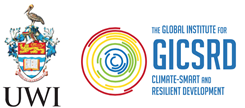
UWI Global Institute for Climate-Smart and Resilient Development
Contact Info
Email: gicsrd@uwi.edu Website: Welcome! | GICSRD (uwi.edu)
Overview
The GICSRD is a UWI facility that provides thought and academic leadership and services that build a Caribbean culture of resilience and advance the region’s proposition to become a climate resilient zone.
Our Aims:
-
To provide a platform for collaboration across regional and international Higher Education Institutions (HEI) in support of resilient pathways to development in Small Island Developing States (SIDS).
-
To promote the development of knowledge management products and tools that enhance knowledge and competencies needed to drive resilient development.
-
To develop and manage a globally recognised clearing house on ongoing resilience research and innovation in the Caribbean and other SIDS.
-
To foster the development and promotion of teaching and research leading to innovation of materials, systems, services and products that promote structural, integrative and transformative resilience.
